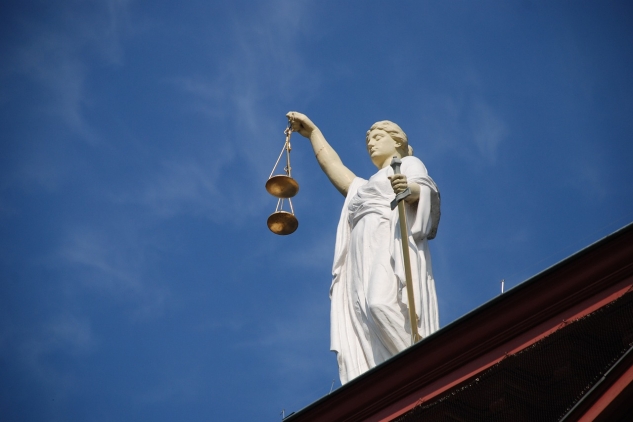
Government review indicates that victims of trafficking are denied free legal aid
Access to fair compensation can play a key role in the recovery of survivors of human trafficking, providing a sense of closure and justice for the abuses committed against them. Compensation awards can also provide financial empowerment, helping victims to move on with their lives and reducing their risk of further exploitation. However, a recent government review of legal aid for those with Trafficking and Modern Slavery Compensation Claims (TMSCCs) shows that victims are not getting the expert legal advice that they are entitled to. Without free legal assistance, victims of trafficking are left without access to justice and fair compensation.
Under the Legal Aid Sentencing and Punishment of Offenders Act (LASPO) 2012, victims of trafficking and modern slavery are entitled to free legal advice in relation to compensation claims. The long awaited review, carried out by the Ministry of Justice (MoJ) and the Legal Aid Agency (LAA), supports the findings of FLEX research on victims’ access to compensation, and confirms that the current difficulties in obtaining free legal assistance represent a significant practical barrier to access to justice for victims of trafficking.
The review has found that the demand for legal help in compensation claims by victims of trafficking outstrips the ability of providers to provide this service, and as a result many victims are unable to access advice. The way in which the Legal Aid Agency has implemented LAPSO means that legal aid providers can currently only take up to 5 cases per year. This hinders the development of much needed expertise in bringing claims that are often of a complex nature and involve highly vulnerable clients. Moreover, many legal aid providers are unaware that victims of trafficking or modern slavery qualify for free legal aid, and there is a dearth of legal aid providers with any expertise on modern slavery outside of the London area. By contrast, the majority of the services and accommodation available to victims of modern slavery are located outside of London.
In response to the review, the Legal Aid Agency has announced that legal aid providers will now be allowed to advise ten more clients per year. This marginal improvement will clearly be insufficient to meet the demand for legal advice for victims of trafficking, and to encourage the development of expertise in this field. As a result, victims of trafficking will continue to be denied their rights to legal advice and to a fair compensation. A specific government contract for legal aid services, similar to those in place for other victims of crime, is sorely needed.
A fair compensation award not only provides justice and redress for victims, it also acts as a form of punishment for exploiters, making trafficking a less profitable, riskier crime. By failing to ensure access to legal aid and compensation, the UK government is not only failing victims of human trafficking and modern slavery, but is also contributing to the widespread impunity that allows these crimes to flourish. If the government is serious about tackling modern slavery it must show its commitment to providing justice for victims, and must ensure that all government bodies, including the Legal Aid Agency, are meeting the demand for these vital services.
